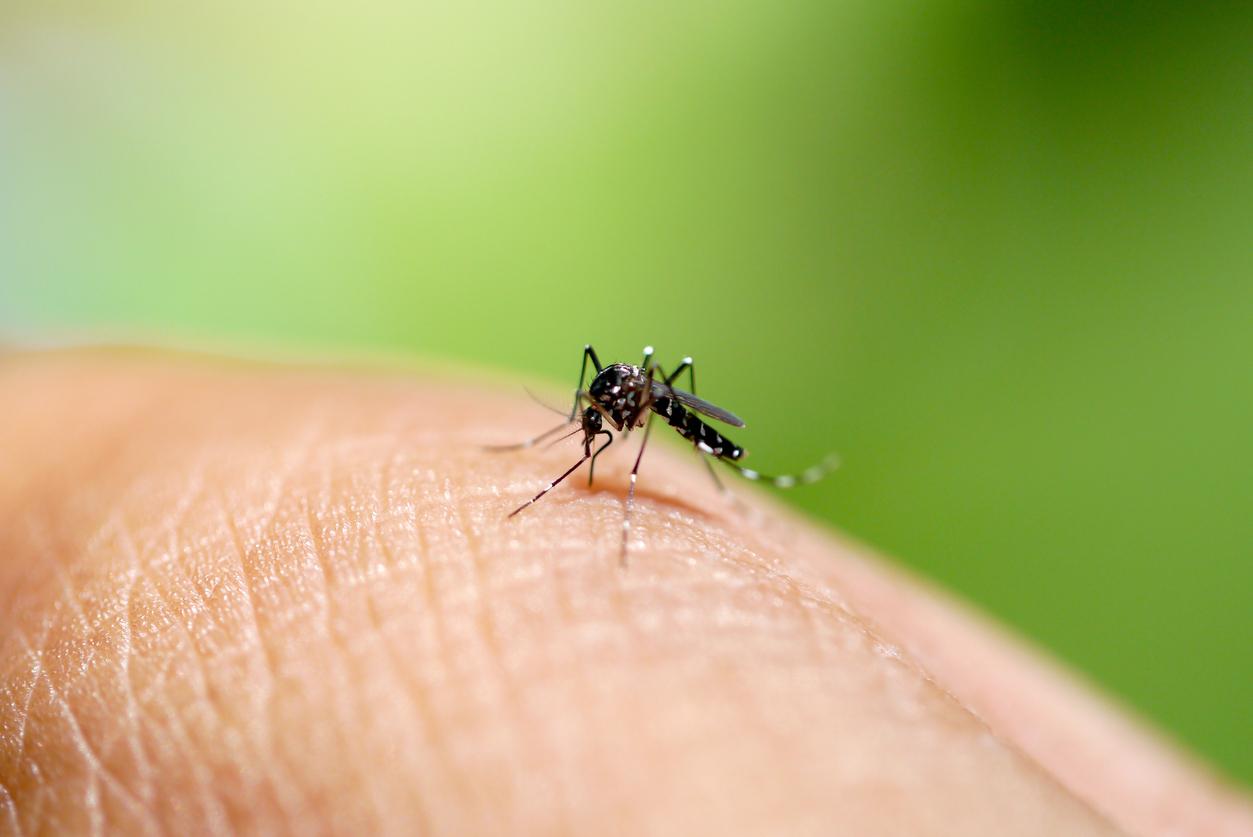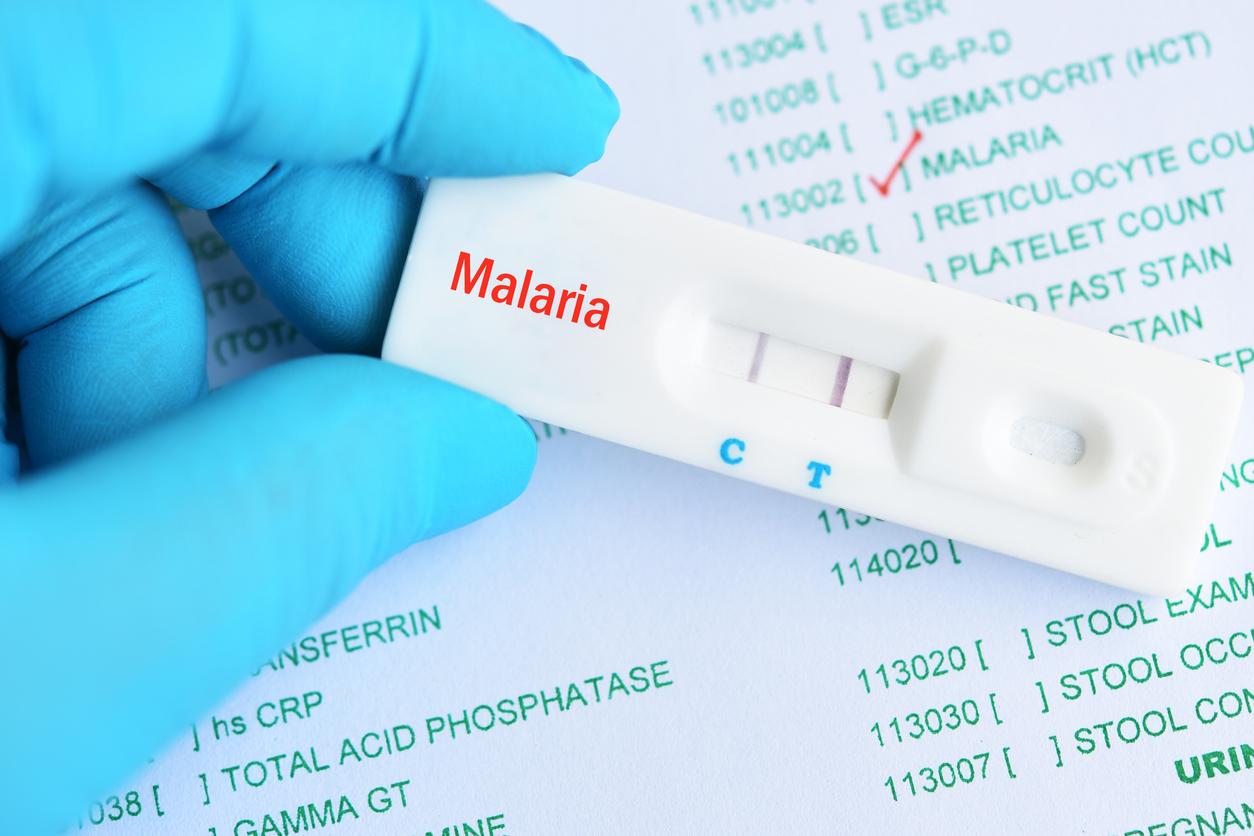In 2017, 435,000 people died from malaria (or malaria) in the world, according to figures from the World Health Organization (WHO). More than 90% of cases and deaths have been recorded on the African continent. And after a decade of success in battling the disease, annual figures are now no longer falling, raising concerns of a resurgence. The mosquitoes that carry it are less and less afraid of insecticides.
In Malawi, in southeastern Africa, nearly five million cases were confirmed in 2017. The country was therefore chosen, along with Kenya and Ghana, to be the testing ground for the first vaccine against malaria, announces this Tuesday, April 23, the WHO in a press release. This experimental vaccine, dubbed “Mosquirix” or RTS,S, prepares the immune system to attack the parasite, transmitted by mosquito bites.
First large-scale vaccine test
Preliminary trials conducted between 2009 and 2015 have already shown the effectiveness of this vaccine on nearly 40% of children aged 5 to 17 months, particularly vulnerable. Indeed, the latter represent more than two thirds of deaths, because the disease can kill them in less than twenty-four hours. And if it doesn’t kill, it can mean heavy damage to their brains or kidneys.
Other treatments are being evaluated around the world, but after more than thirty years of work and an investment of one billion dollars, the RTS,S vaccine is the first to be tested on a large scale. The kick-off of this vaccination campaign therefore aims to confirm the action of the serum, especially on the youngest. The test will thus begin in a health center in the Malawian capital, Lilongwe, and will continue in the two other pilot countries from next week.
By 2020, the WHO hopes to vaccinate 120,000 toddlers in each of these three states. This 2019 vaccination program is also part of the efforts made since the 1990s to eradicate malaria, such as the wide deployment of mosquito nets impregnated with repellents. Ultimately, the goal is to reduce the number of deaths by 90% in 2030, compared to the 429,000 deaths in 2015.
Read also :
- Malaria: what if our blood becomes deadly to mosquitoes?
- The mosquito vector of malaria eradicated in the lab
















